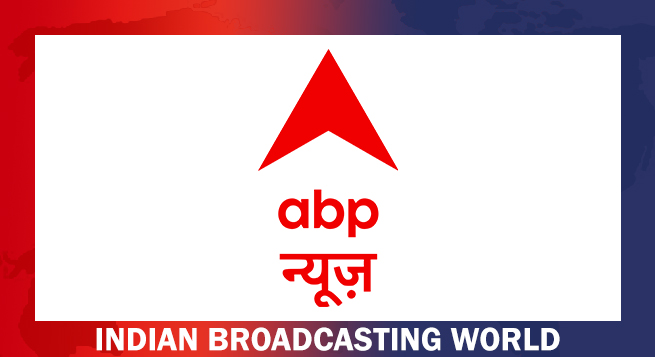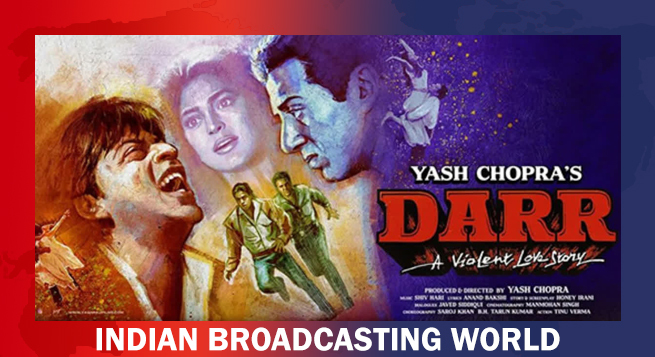The TRAI has issued a Consultation Paper titled “Review of the Regulatory Framework for Broadcasting and Cable Services.”
In line with the complete digitization of the cable TV sector, TRAI published the Regulatory Framework for Broadcasting and Cable Services on March 3, 2017. The framework went into effect on December 29, 2018, following legal scrutiny in the Hon’ble Madras High Court and the Hon’ble Supreme Court.
To address certain issues that arose following the implementation of the regulatory framework in 2017, TRAI notified the amended Framework 2020 on January 1, 2020, consisting of Tariff Amendment Order 2020, Interconnection Amendment Regulations 2020, and QoS Amendment Regulations 2020.
In various High Courts, including the High Courts of Bombay and Kerala, some stakeholders challenged provisions of the Tariff Amendment Order 2020, Interconnection Amendment Regulations 2020, and QoS Amendment Regulations 2020. Hon’ble High Courts upheld the validity of the amended Framework 2020 except for a couple of provisions.
The amended framework 2020’s provisions on Network Capacity Fee (NCF), multi-TV homes, and long-term subscriptions were implemented. However, after the broadcasters announced new tariffs, TRAI received representations from Distribution Platform Operators (DPOs), Local Cable Operator Associations (LCOs), and Consumer Organizations.
According to a press release, due to upward revisions in pay channel and bouquet rates declared by broadcasters, stakeholders anticipate difficulties in implementing new rates in their IT systems and migrating consumers in bulk to the new tariff regime through informed exercise of options, affecting almost all bouquets.
To deliberate on the various issues related to implementation of the amended framework 2020 and suggest a way forward, a committee consisting of members from Indian Broadcasting & Digital Foundation (IBDF), All India Digital Cable Federation (AIDCF) & DTH Association was constituted under the aegis of TRAI
The Committee listed several issues related to the amended framework 2020 for consideration. The stakeholders, however, requested TRAI to immediately address critical issues which could create impediments for smooth implementation of the amended framework 2020.
In order to address the issues as identified by the stakeholders’ committee; TRAI issued the consultation paper on “Issues related to New Regulatory Framework for Broadcasting and Cable services” on 7 May 2022 for seeking stakeholders’ comments on issues which were pending for full implementation of the amended framework 2020.
After due consultation process, TRAI, on 22nd November 2022, notified the Telecommunication (Broadcasting and Cable) Services (Eighth) (Addressable Systems) Tariff (Third Amendment) Order, 2022 and the Telecommunication (Broadcasting and Cable) Services Interconnection (Addressable Systems) (Fourth Amendment) Regulations, 2022 which covered the following issues:
a) Continuance of forbearance on MRP of TV channels
b) ceiling of Rs. 19/- on MRP of a TV Channel price for inclusion in bouquet
c) Discount of 45 percent on sum of the price of individual channels while forming Bouquet
d) Additional Incentives of 15 percent by broadcaster to be permitted on Bouquets also.
The Stakeholders’ Committee also listed several other issues for subsequent consideration by TRAI. In addition, the Authority held multiple meetings with representatives of broadcasters, MSOs, DTH operators and LCOs. Several issues were put forward during these meetings. TRAI has considered some relevant suggestions given by various stakeholders.
In order to address the remaining issues pertaining to Broadcasting and Cable Tariff, Interconnection, and Quality of Service, as identified by the stakeholders’ committee and suggested by other stakeholders, the Authority is issuing this consultation paper for stakeholder comments. Stakeholders are invited to submit written comments on the consultation paper by September 5, 2023. Counter-comments, if any, must be submitted by September 19, 2023.
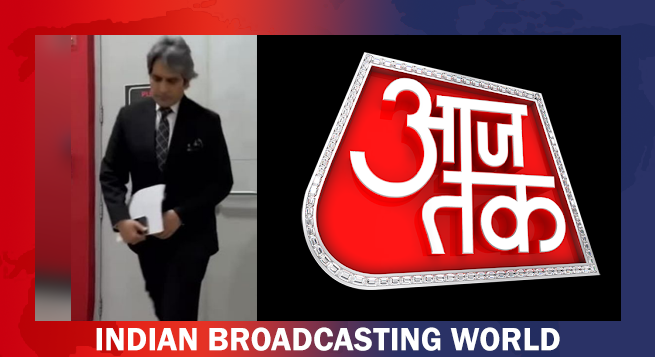 Sudhir Chaudhary steps down from Aaj Tak, begins new chapter with DD News
Sudhir Chaudhary steps down from Aaj Tak, begins new chapter with DD News 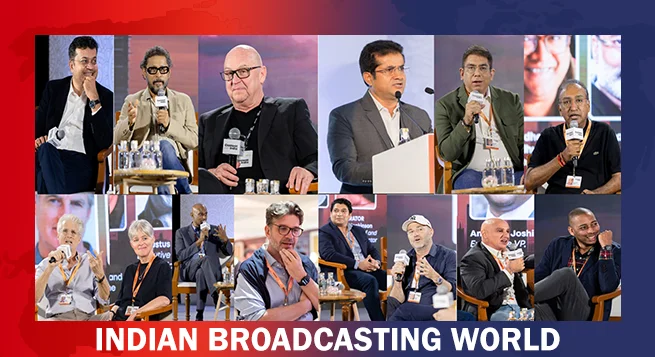 Dish TV’s Content Summit brings global spotlight to Indian M&E
Dish TV’s Content Summit brings global spotlight to Indian M&E  Rahul Kanwal quits TVTN; rumoured to be joining NDTV group
Rahul Kanwal quits TVTN; rumoured to be joining NDTV group  Now, Netflix shows on TV have more language options
Now, Netflix shows on TV have more language options  WAVES ‘Create in India Challenge’ crosses 85k registrations
WAVES ‘Create in India Challenge’ crosses 85k registrations 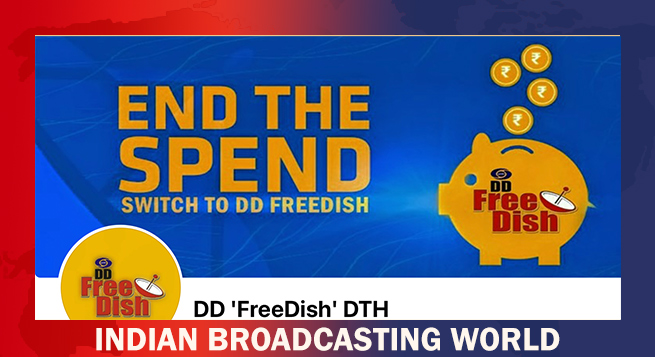 DD FreeDish subs base 49mn homes; likely to reach 53mn: FICCI-EY report
DD FreeDish subs base 49mn homes; likely to reach 53mn: FICCI-EY report 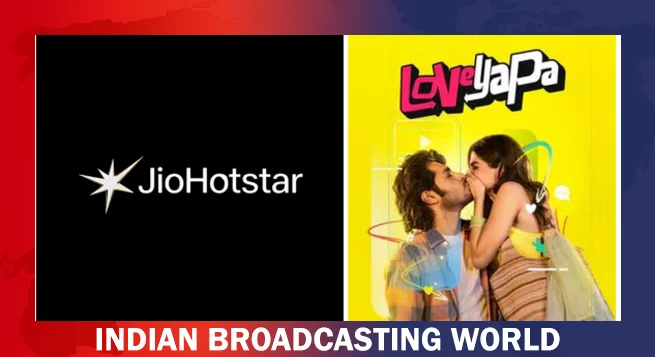 ‘Loveyapa’ to stream on JioHotstar
‘Loveyapa’ to stream on JioHotstar  Sonali Bendre to release ‘Book of Books’ on April 23
Sonali Bendre to release ‘Book of Books’ on April 23 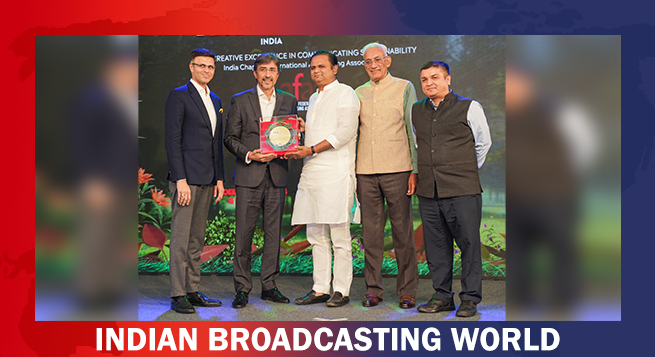 Adani Group bags 4 Golds at IAA Olive Crown Awards
Adani Group bags 4 Golds at IAA Olive Crown Awards 



